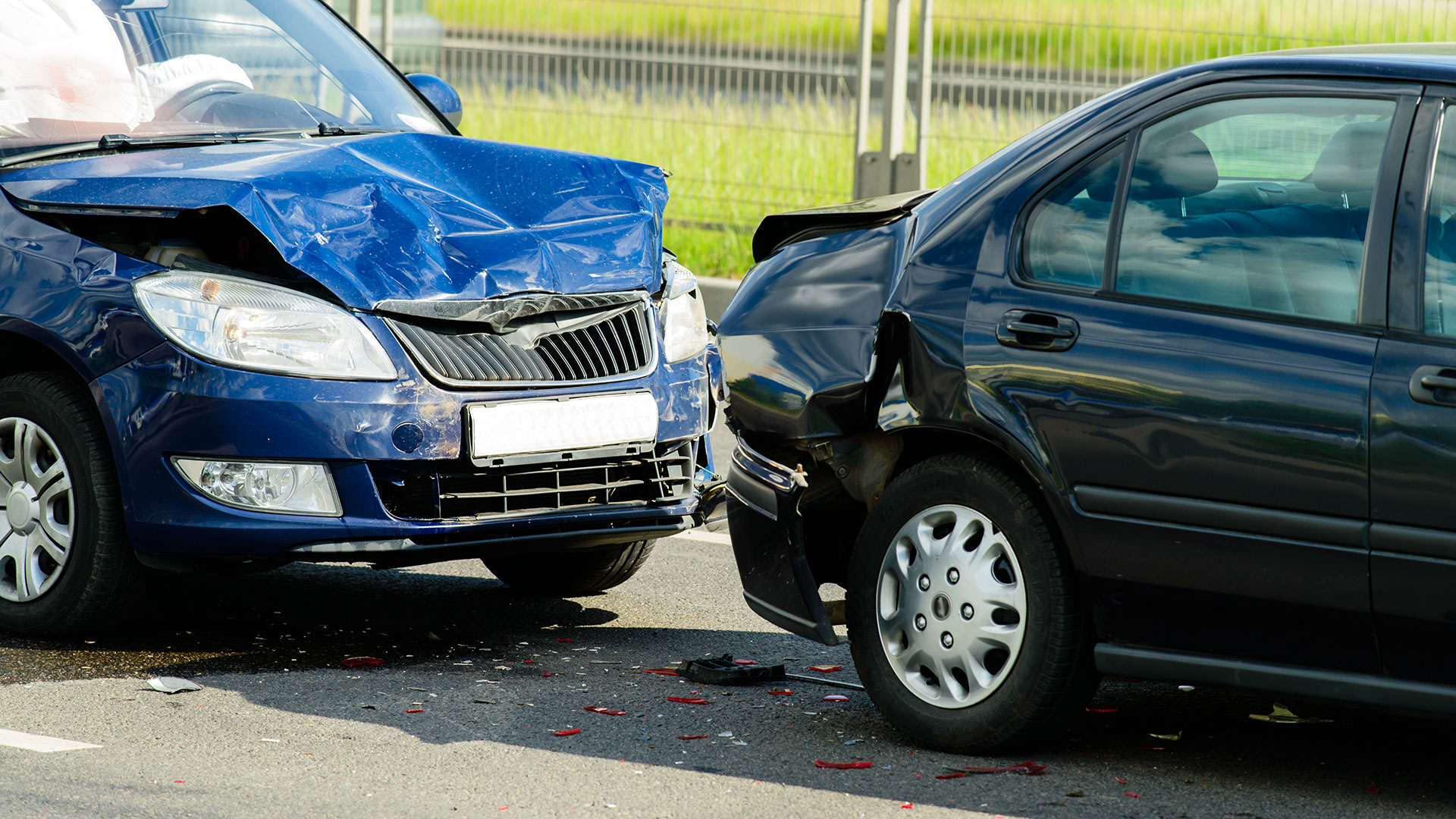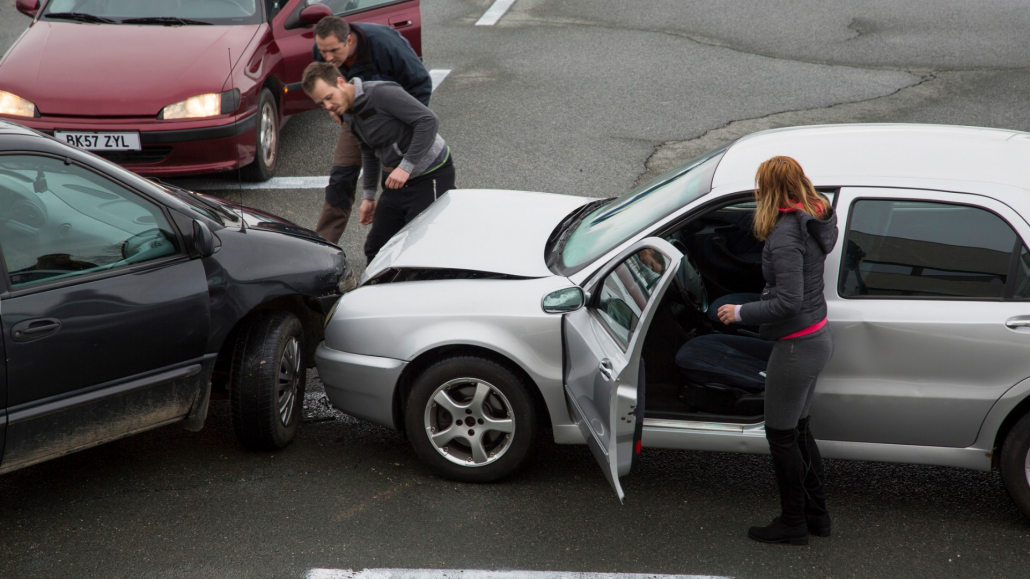
So-called ‘crash for cash’ schemes, in which collisions are staged in order to file fraudulent insurance claims, are a ‘real and growing threat’. That’s according to a leading vehicle protection and management technology provider.
Indeed, figures from the industry body Cifas, suggest car insurance fraud is one of the fastest growing forms of insurance fraud in the UK. Crash for cash claims increased 45 percent in 2019 – well above the industry fraud average of 27 percent.
According to the Insurance Fraud Bureau (IFB), fraudulent claims cost around £340 million a year. Consumers will feel the effect of this in the form of higher insurance premiums.
Director of investigative services at AX, Neil Thomas, said: “Criminals will do anything to milk the motor industry and drivers, evolving their tactics to keep people guessing and avoid detection.
“We can’t completely stamp out their activities, but we can collectively do more to curtail what is a real and growing danger to drivers. Recent experience has shown how some criminals have used the Covid-19 pandemic lockdown to plan motor insurance frauds, and they are now intent on cashing in at the expense of innocent motorists.”
What are ‘crash for cash’ schemes?

In simple terms, a crash for cash scheme involves the staging of a non-fault collision to file an insurance claim. There are three types of crash for cash schemes:
- Staged collisions
- Fraudsters damage vehicles to give the impression that a real crash has occurred. Examples include taking a sledgehammer to a car or purposely crashing two vehicles.
- Ghost collisions
- A fraudster submits a fictional insurance claim for a collision that never took place. This takes advantage of instances where claims aren’t investigated.
- Induced collisions
- Where a fraudster drivers in an erratic or manipulative way to engineer a crash. Examples include criminals letting somebody out of a junction only to crash into them, slamming on the brakes in front of an innocent motorist, or extorting cash from a driver rather than through an insurance company.
Guarding against crash for cash schemes

AX has the following advice for drivers hoping to protect themselves against crash for cash schemes.
- Recognise the warning signs
- Many fraudsters will drive cars with previous rear-end damage or with the brake lights disabled. Also look out for erratic driving or passengers looking behind.
- Investigate collisions and claims
- Gather evidence from the crash scene. Make a note of the key facts and identify potential witnesses. It speaks volumes that such incidents are called a Road Traffic Collision (RTC) and not a Road Traffic Accident (RTA). Few, if any, collisions happen by accident.
- Invest in a dashcam
- A dashcam, vehicle tracking device or telematics can protect a driver against fraud.
Click here for more motoring help and advice.